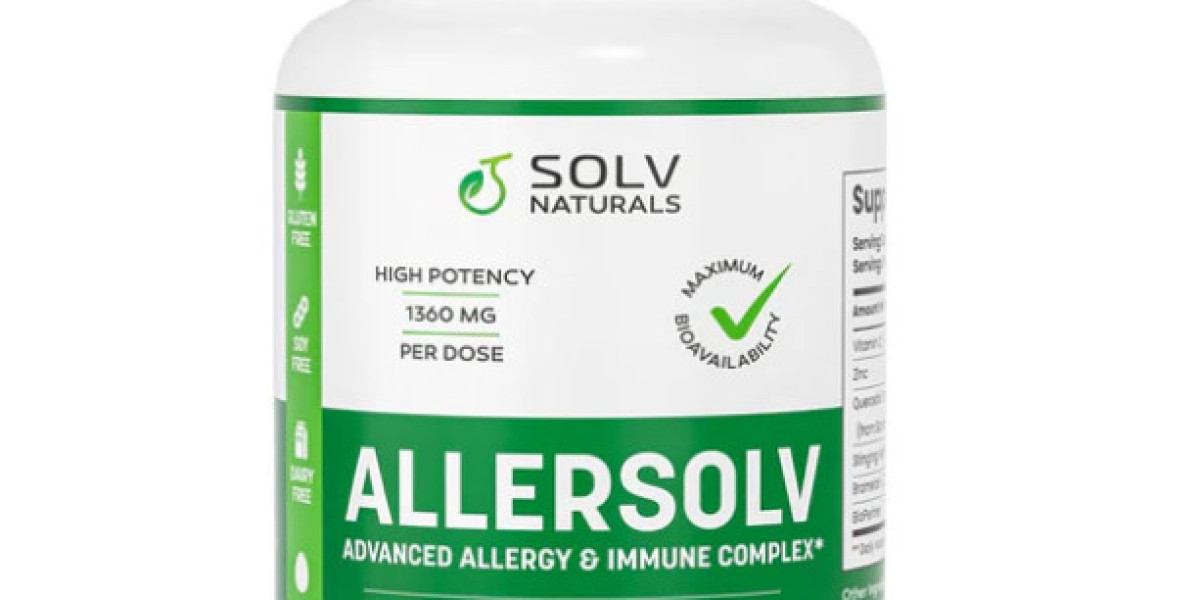Chronic pelvic inflammation can be a debilitating condition that significantly impacts quality of life. While conventional treatments can be effective, many individuals are seeking natural alternatives to manage their symptoms. Herbal remedies, with their anti-inflammatory properties, offer a promising approach to alleviating chronic pelvic inflammation. In this article, we explore various herbal remedies that can help manage this condition naturally.
Understanding Chronic Pelvic Inflammation
Chronic pelvic inflammation involves persistent inflammation of the pelvic region, often associated with conditions such as pelvic inflammatory disease (PID), endometriosis, interstitial cystitis, and chronic prostatitis. Symptoms can include pelvic pain, bloating, urinary issues, and discomfort during intercourse. Inflammation is a key component in the progression and persistence of these symptoms, making natural anti inflammatory treatments crucial for relief.
The Role of Herbal Remedies
Herbal remedies have been used for centuries to treat various ailments, including inflammation. They offer a natural alternative to pharmaceutical anti-inflammatories, often with fewer side effects. These herbs work by reducing inflammation, improving circulation, and supporting the body’s natural healing processes. Integrating these remedies into a holistic treatment plan can help manage chronic pelvic inflammation effectively.
Herbal Remedies for Managing Chronic Pelvic Inflammation
Turmeric: Turmeric is renowned for its powerful anti-inflammatory properties, primarily due to the active compound curcumin. Curcumin inhibits inflammatory pathways and can help reduce pelvic pain and inflammation. Adding turmeric to your diet or taking it as a supplement can provide significant relief.
Ginger: Ginger has long been used to treat inflammation and pain. Its anti-inflammatory and antioxidant properties can help alleviate symptoms of chronic pelvic inflammation. Consuming ginger tea, fresh ginger, or ginger supplements can be beneficial.
Chamomile: Chamomile is known for its soothing and anti-inflammatory effects. Drinking chamomile tea can help relax pelvic muscles and reduce inflammation, providing relief from discomfort associated with chronic pelvic conditions.
Boswellia: Also known as Indian frankincense, Boswellia is an effective anti-inflammatory herb. It helps block inflammatory pathways and can be particularly useful for conditions like endometriosis and chronic prostatitis. Boswellia supplements are widely available and can be integrated into your daily regimen.
Evening Primrose Oil: Evening primrose oil is rich in gamma-linolenic acid (GLA), an essential fatty acid with anti-inflammatory properties. It can help reduce pelvic pain and inflammation, especially in conditions like endometriosis. Taking evening primrose oil supplements can provide symptomatic relief.
Green Tea: Green tea contains polyphenols, which have strong anti-inflammatory and antioxidant properties. Drinking green tea regularly can help reduce inflammation and support overall pelvic health.
How to Use Herbal Remedies
Incorporating herbal remedies into your daily routine can be simple and effective. Here are some tips on how to use these herbs:
Turmeric: Add turmeric powder to your meals, or take a curcumin supplement.
Ginger: Drink ginger tea or incorporate fresh ginger into your cooking.
Chamomile: Enjoy a cup of chamomile tea in the evening to help relax and reduce inflammation.
Boswellia: Take Boswellia supplements as directed by a healthcare provider.
Evening Primrose Oil: Use evening primrose oil capsules according to the recommended dosage.
Green Tea: Drink 2-3 cups of green tea daily for its anti-inflammatory benefits.
Conclusion
Managing chronic pelvic inflammation naturally with herbal remedies can provide significant relief and improve quality of life. By incorporating anti-inflammatory herbs like turmeric, ginger, chamomile, Boswellia, evening primrose oil, and green tea into your routine, you can reduce inflammation and alleviate symptoms. Always consult with a healthcare professional before starting any new herbal regimen, especially if you have underlying health conditions or are taking other medications. With the right approach, natural remedies can be an effective part of your strategy for managing chronic pelvic inflammation.








